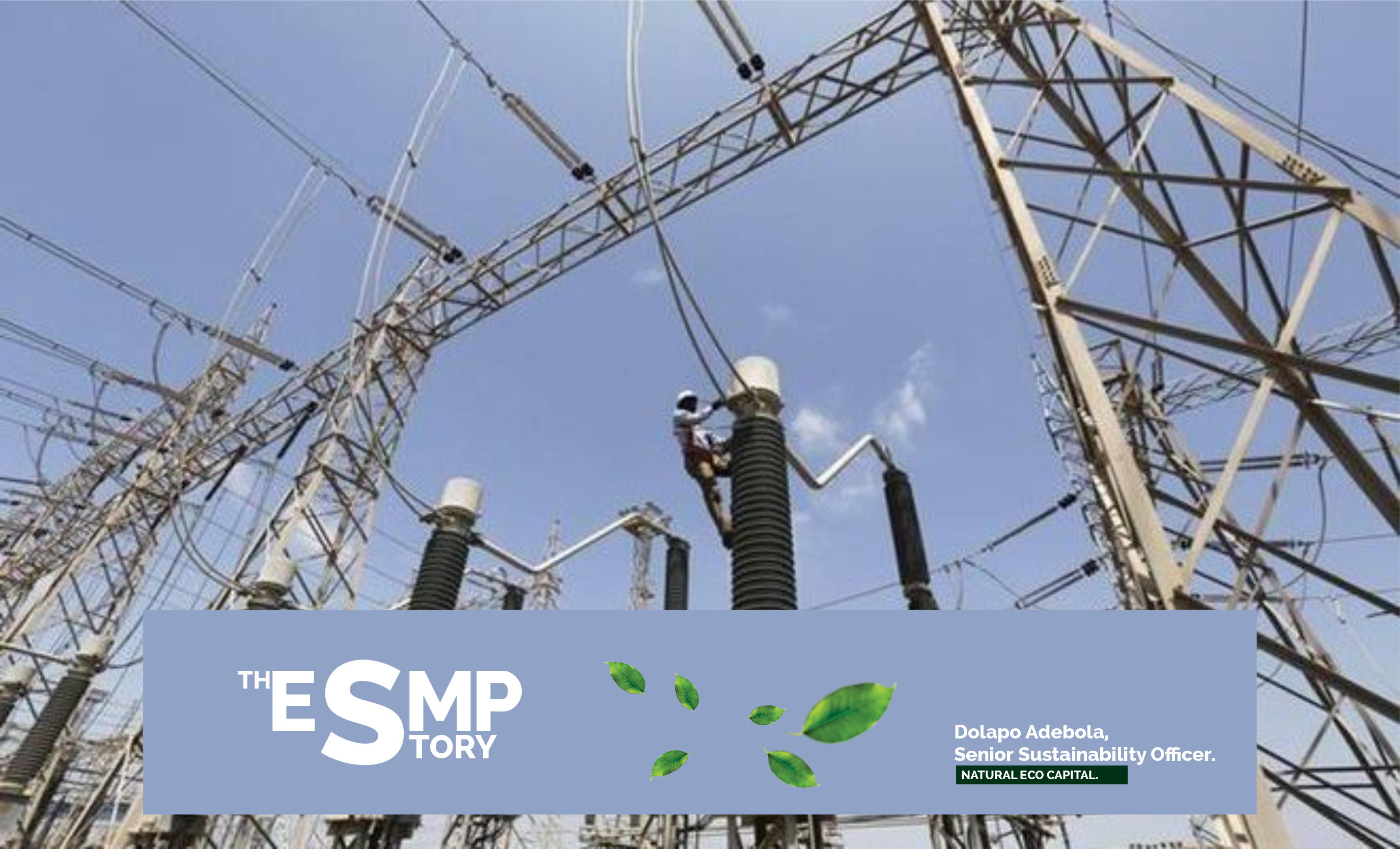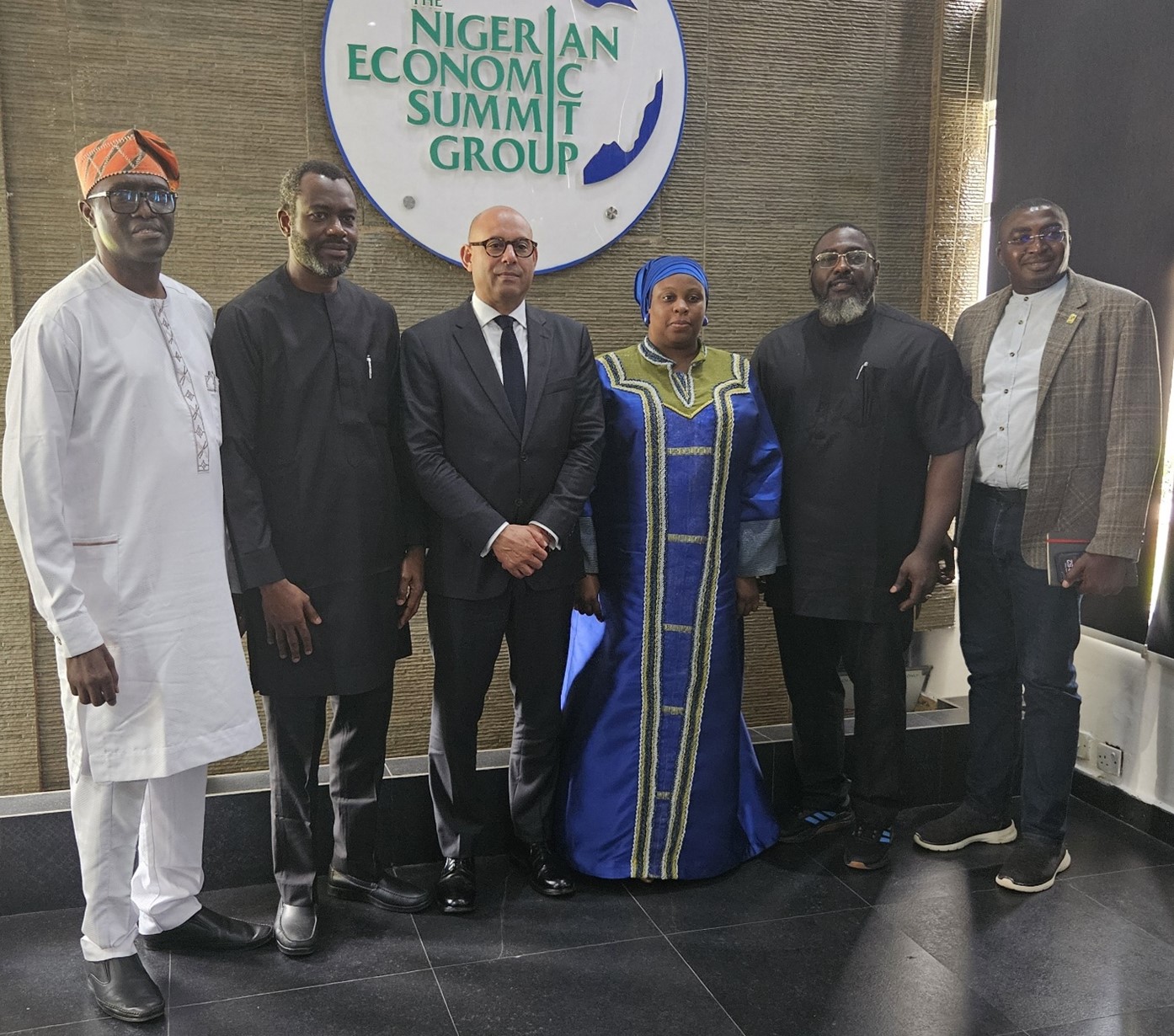
Credit: Photography: Bill Wegener via Unsplash
In a climate change webinar by the African Development Bank, experts called on the private sector in Africa to provide support to local governments in advancing their Nationally Determined Contribution (NDC). The NDC is a climate action plan to address carbon emissions and adaptation to climate impacts. In the webinar, Sustainability and Climate Expert Dr. Eugene Itua states that national governments cannot sustain their NDC without the cooperation of all levels of government, business leaders, investors, and civil society.
To address the climate crisis, sustainability must permeate all sectors of society, especially the most critical ones. And as education is part and parcel of creating a better future, authorities and institutions must offer their resources to support future-proofing schools through sustainable practices.
For those who want to offer their support for sustainability in African education, here are some organisations you should know about.
Bridge Uganda
Even when increasing access to education among the most under-resourced communities, it is important to provide sustainable methods of learning. Bridge Uganda is part of a larger school network operating across Africa that addresses this. They innovate on educational resources by providing digital teaching tools and storybook libraries for children, making use of a technology-powered teaching model that has yielded impressive results.
A study by Nobel Prize-winning economist Professor Michael Kremer highlights the effectiveness of these methods, stating that underserved children gain 53% more learning over pre-primary and primary schools when studying with Bridge. This exhibits how, with sustainable means like technology, children from underserved communities can receive quality education that leads them to outperform their peers on national tests.
Durban University of Technology
Students from rural communities in South Africa are being educated on renewable energy, climate literacy, and the benefits of clean energy and technology. The EnergyDRIVE, a collaborative project between the South African Wind Energy Association and the Durban University of Technology, is a yellow bus converted into a mobile edu-unit seeking to reach learners where they are.
Designed to be interactive, inviting, and educational, the EnergyDRIVE features a solar roof structure, biogas digester, photovoltaic panel display unit, and a solar hot water display unit. They partner with educational institutions to host field trips for kids and participate in wind and solar farms that offer financial aid for their road show. Having reached over 3,000 students between Grades 9 to 12, the initiative hopes to reach out not only to communities in rural areas, but also to attract technology partners and stakeholders.
Africa Cleanup Initiative
The Africa Cleanup Initiative (ACI) is an NGO focused on sustainability. Their RecyclesPay program collaborates with low-income schools in Nigeria to accept plastic bottles in exchange for school tuition fees. Partnering with WeCyclers, a Nigerian social enterprise that is dedicated to waste collection, these bottles are then turned into reusable materials.
ACI has collaborated with Morit International School, as well as other schools in Lagos, and has reached over 1,000 school children with this program. In doing so, not only are they addressing sustainability issues, but they also address limited financial resources that may hamper children’s ability to attend school.
We here at Natural Eco Capital believe that environmental sustainability, the climate crisis, and global warming are all intrinsically tied to education for children. By reinventing how things are traditionally done, these three organisations have come up with novel and exciting solutions to some of the most pressing issues in learning and education. For those looking for organisations to support or methods to emulate, these three provide a blueprint for creativity and hope.

